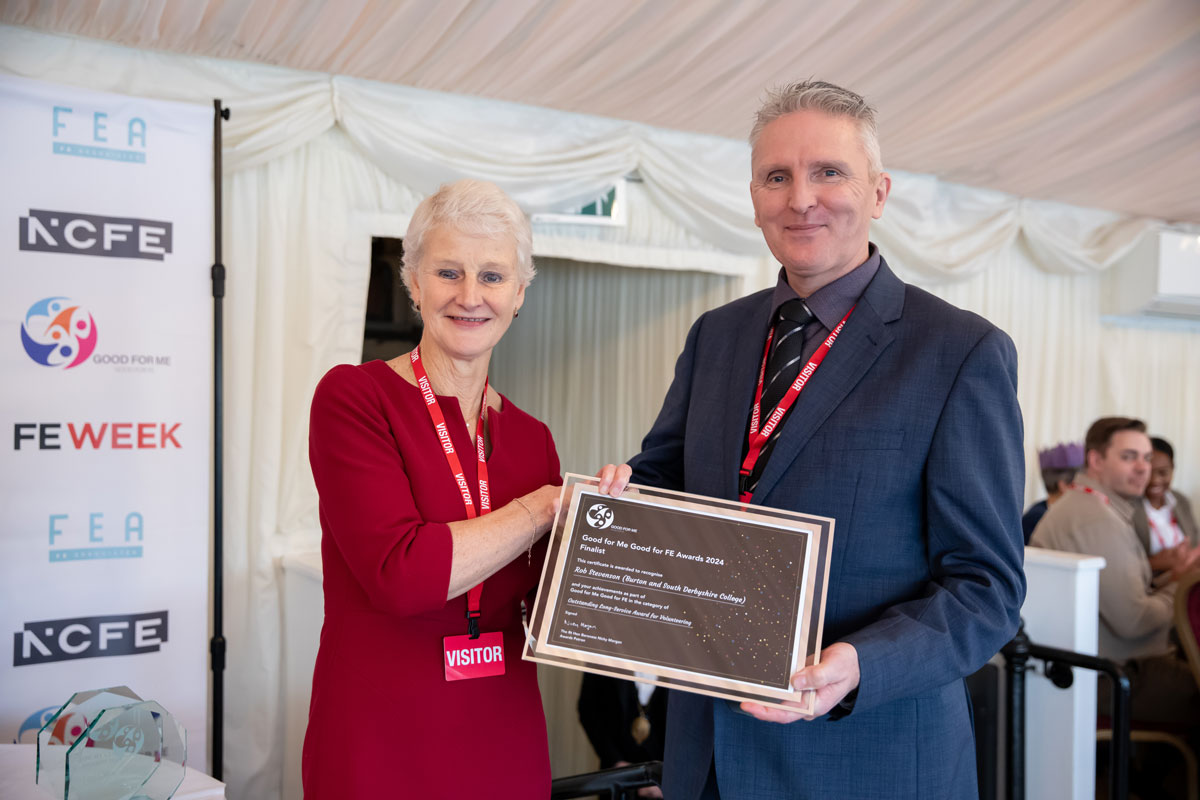Research highlights need for teachers to be more aware of children’s experiences of racism

“Scared, shamed, powerless and frustrated” – new research highlights need for teachers to be more aware of children’s experiences of racism
There is an urgent need for teachers to become more aware of young children’s experiences of racism and the impact it has on their mental health and wellbeing, according to ongoing research at the University of the West of England (UWE Bristol).
Children aged 10 and 11-years-old at three Bristol schools have been sharing their views with a team of researchers, as part of a ground-breaking project funded by the mental health research network Emerging Minds.
The schoolchildren are the youngest group in the UK to take part in research on this topic; it responds to calls from the #YoungAndBlack campaign to proactively listen to the voices of young people.
“Physical attacks, name calling, body shaming, and being ignored or identified negatively because of the colour of their skin are just a few of the experiences shared by these young children,” said lead researcher Dr Verity Jones, Associate Professor at UWE Bristol. “They reported feeling a host of emotions including being scared, frightened, shamed, powerless and frustrated.”
The study, which began in November, initially heard from 80 children who took part in a bespoke arts-based workshop led by socially-engaged artist Luci Gorell Barnes. This was followed by focus groups with over 40 children and interviews with their teachers.
The research has highlighted that many of these young children are deeply affected by institutional racism as depicted by the media. This includes cases of police brutality – children spoke of the death of George Floyd, the worldwide protests that followed and the growth of the Black Lives Matter movement. Children spoke of racial attacks in football, incidents relating to refugees, and terrorist attacks.
Young people also spoke of their experiences of the UK’s stop and search programme which has seen vastly higher levels of ‘stop and searches’ being focussed on Black ethnic groups. Children reflected on members of their family being stopped and searched. Many were angry at what they had seen and heard, felt unsafe and sad. As one 10-year-old said “discrimination can break your heart”.
Positive strategies to counteract these negative feelings in order to support better mental health were noted by many of the children. Taking exercise helped, having time to play games and watch videos allowed children to switch off from the world, and talking to parents and friends eased the load, or even pets who would listen without judging.
At school, many children said that talking to someone with the same skin colour about racist incidents was preferred as they will ‘automatically understand’. However, the Runneymede (2020) report noted that black staff are often only present in schools as teaching assistants, personal assistants or dinner-time staff, and in behavioural management and support roles. This in direct contrast to the 93% of headteachers identifying as white British. As such, teachers can’t share in lived experience. So, whilst work is underway to recruit a more diverse workforce teachers need greater racial literacy.
The next step of the project will be to develop guidance for student teachers in order to develop racial literacy in schools; raising awareness and providing strategies for talking about and supporting children in classrooms regarding racism and how it is impacting the wellbeing and mental health of young people.
Dr Verity Jones commented: “There is a power to the experiences that have been collected. It’s not about individual children getting bullied, but something systemic being reflected in these experiences we are hearing. The children talked in shaming detail about what is happening to them – it becomes clear that this is not the fault of the children, it’s the fault of the society we’re in.”
For many teachers and educators, racism may feel like a highly politically charged area of debate and one that they feel uncomfortable or unsure of how to approach. New Government guidance regarding political impartiality was released in February. From this it is clear: racism is specifically framed as an ethical debate rather than political issue and as such challenging discrimination and prejudice is viewed as a shared principle that underpins society.
Dr Jones continued: “There is an urgent need for schools to develop greater racial literacy, to recognise that children’s lived experiences are conditioned and textured by ethnicity. We hope that the toolkit we produce – informed and reviewed by children – will begin to support and signpost schools and teacher training organisations in filling this gap.”











Responses